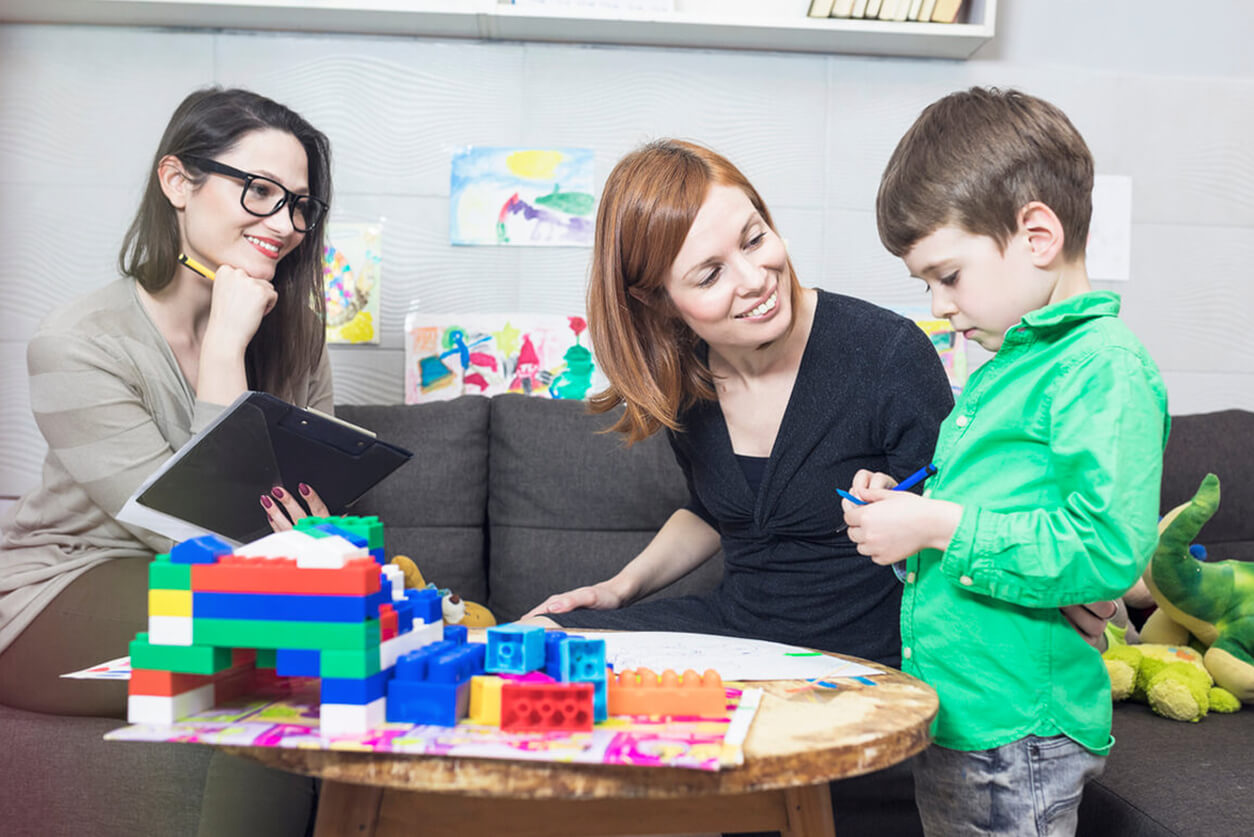
What is Interpersonal Psychotherapy?
Interpersonal Psychotherapy (IPT) is a brief attachment-focused therapy that helps people feel better by improving the quality of their interpersonal relationships. Loneliness, depression, anger, guilt, shame, anxiety, and many other feelings, usually all have a social component. Interpersonal Psychotherapy helps people to overcome concerns in their relationships with others, which in turn, resolves their psychological suffering and increases their quality of life.
How does Interpersonal Psychotherapy Work?
Interpersonal psychotherapy focuses on here-and-now interpersonal relationships, as opposed to focusing exclusively on childhood experiences. Current relationship difficulties can be things like feeling lonely or isolated (lack of relationships), conflict in relationships, changes to social roles (e.g., change of jobs, birth of a child), or coping with grief and loss. Therapy involves talking about thoughts and feelings, identifying relationship patterns, and implementing practical solutions to create healthier and more fulfilling relationships.
Interpersonal Psychotherapy can help you to…
- Identify how you are feeling, and find ways to communicate this to others in a way that enhances your relationships. For example, often people notice the feeling of anger, but not underlying feelings of rejection. By identifying the full range of feelings, you can be better prepared to discuss them with others. For example, instead of being passive-aggressive or sarcastic, you can be direct in an assertive way.
- Cope with “emotional baggage”, so that you can let go of past hurts and move forward. For example, if you felt abused, neglected, manipulated, or mistreated in another way by someone in the past, you can learn to process your feelings, and leave the past in the past. This means that if you feel triggered or have a strong emotion – you can try to separate out what is an old wound being pushed, versus a problem to be solved in the here-and-now.
- Create more fulfilling relationships, and increase your overall happiness and quality of life. Humans are social beings, so when we feel unhappy in our relationships, we tend to have feelings of anxiety, depression, or anger, and it can become a vicious circle. Therapy can help you to feel better by improving the quality of your relationships with others.
























